Forget the term “bird-brained,” birds are anything but. Birds are intelligent creatures and make great companions. They can be trained to do tricks, respond to their name, and bond with their owners. Besides, birds are the only animals that can reproduce human speech and mimic other sounds. Although they may not be the first animal that comes to mind when finding an emotional support animal (ESA), birds can function excellently in the role.
If birds help you cope with your emotional or mental health issues, this article will list some of the feathered friends who make excellent emotional support animals. And you’ll learn more about ESAs and how telehealth services can help you qualify for an ESA letter without leaving your home.
If you are ready to connect online with a licensed health professional for an ESA letter, click on the link above to get started.
Best Emotional Support Birds
Birds make great pets, but an ESA has an additional set of expectations. An ESA is much more than a pet; it provides companionship and comfort to individuals with an emotional or mental disorder. The ESA is a necessary part of their treatment. Some birds can fill the part better than others. The following are the best birds to have as an ESA:
Parakeet
Parakeets come in a variety of vibrant colors, adding a bit of life to any environment. Their colors can range from a light sky-blue to dark green or a vivid violet. Whatever color they are, you can be sure a parakeet will love to “talk.” Don’t expect long awkward silences with parakeets. A room with a parakeet will always be filled with some lively parakeet vocalization.
Widely known for their ability to mimic sounds, parakeets can be taught to speak. They can learn to reproduce sounds, words, and even phrases. Because they’re social animals, parakeets bond closely with their owners. And parakeets can also live as long as ten years, allowing lots of time to become close with their owners. Adopt a parakeet as an ESA, and you can train them to have “conversations” for many years to come.
Macaw
All macaws are a type of parrot, therefore they have the colorful feathers parrots are known for. The largest parrots, macaws, command attention with their size, vibrant plumage, long tails, and voices. Like all parrots, macaws have a distinctive, curved bill and have zygodactyl feet: they have four toes with two facing forward and two facing backward, which allows them to use their feet like hands.
What makes macaws unique as ESAs are their ability to “parrot” sounds and words, sometimes even whole conversations. They like attention, so they may even call out to their owners when they want a reaction. Keep in mind that not all macaws are talkative. Like humans, birds have their own unique personalities, and your macaw may be the quiet type.
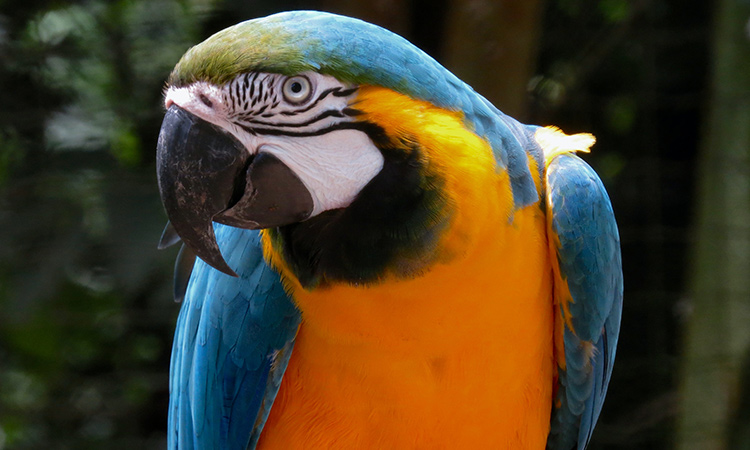
Cockatiel
Just like the macaw, cockatiels are parrots. They have the requisite curved beak and zygodactyl feet, therefore they are technically part of the parrot family. While the macaw is a large bird species and has the classic parrot appearance (bright rainbow colors), the cockatiel is smaller with a more muted light gray or yellow color.
Cockatiels don’t mimic words as well as the macaw and other parrot species. They do, however, love to sing. Unlike larger birds, cockatiels have softer voices and will sing to their owners when they want to be held or touched. They enjoy physical interaction with humans and don’t mind spending time on their owners’ shoulders, making them excellent ESAs for bird lovers.
Dove
Though not as loud or colorful as the other birds on this list, doves have their own positive traits. Doves are exceptionally intelligent and are easily hand trained. They’re much gentler than larger birds and aren’t as noisy as parakeets.
Doves are ideal for someone who is looking for a very low-maintenance ESA. They keep to themselves and aren’t as attention-seeking as parakeets and parrots. They do have a low and constant cooing sound that many people find soothing.
Are Birds Protected as Emotional Support Animals
All ESAs are protected when traveling or living with their owner by Federal laws. If you or someone you know is interested in getting an emotional support animal, talk to your licensed mental health care provider. Your doctor can issue an ESA letter, which qualifies an individual to own an emotional support animal protected by federal and state laws. For an ESA letter to be legitimate, it must be issued by a licensed medical practitioner licensed in the state of your residence; however, this can be the primary doctor or a therapist online through telemedicine.
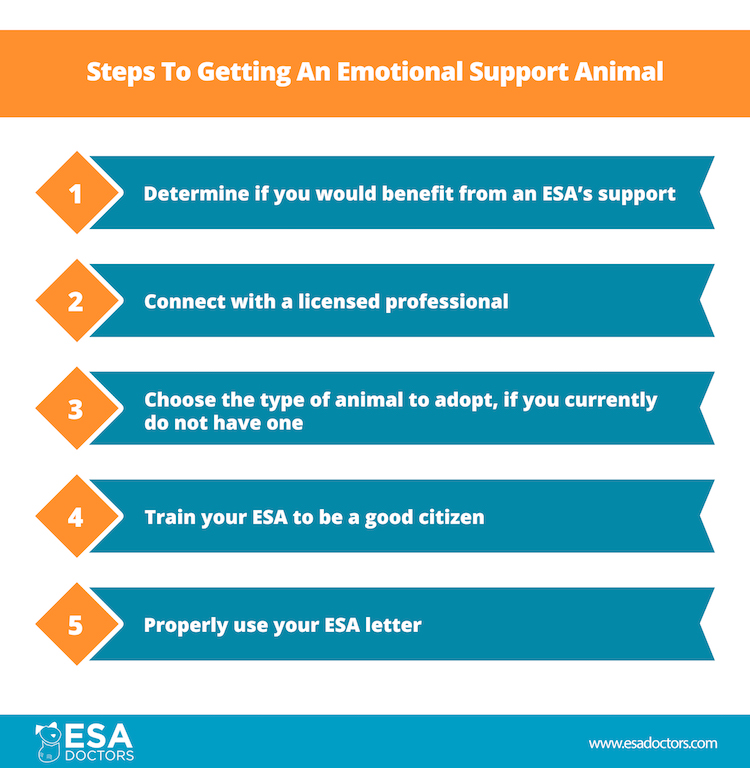
Birds Make Great Emotional Support Animals
Before obtaining a bird as an emotional support animal, there are some considerations. A bird may be small, but its birdcage can take up a lot of space. Birdcages also require regular cleanings and maintenance. And although many people find the sounds comforting, others may see the chatter, tweeting, or singing from birds disruptive. Most birds are also messy eaters, so be prepared to sweep up birdseed regularly!
Anyone interested in getting a bird as an ESA should consult a licensed mental health professional first to see if an emotional support animal can be part of their treatment plan for their emotional or mental disorder. ESAs are protected under federal and state laws, and an ESA letter from a licensed mental health professional informs others that an animal is a legitimate ESA.
Bird-lovers with find that a bird can be the perfect emotional support animal. They’re easy to travel with, don’t require major exercise, and bond well with their owners. They may not be furry, but they’re fluffy and feathery, and many birds love having their feathers petted and groomed by their owners. The connection an owner has with an ESA is what’s important, and a bird can definitely fit the bill.
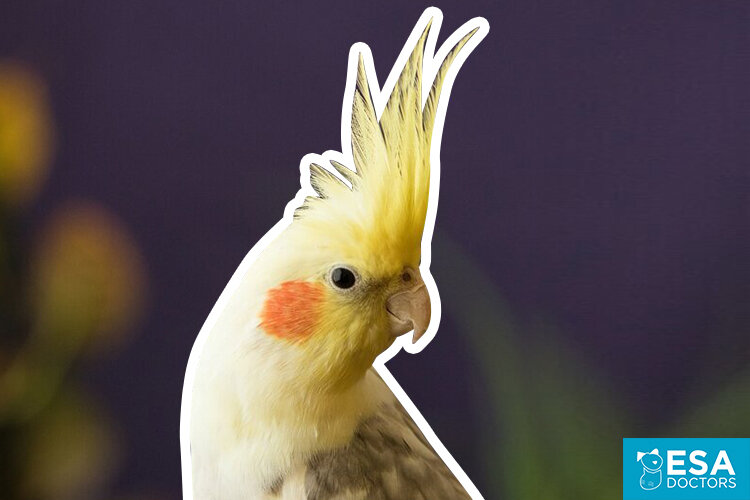

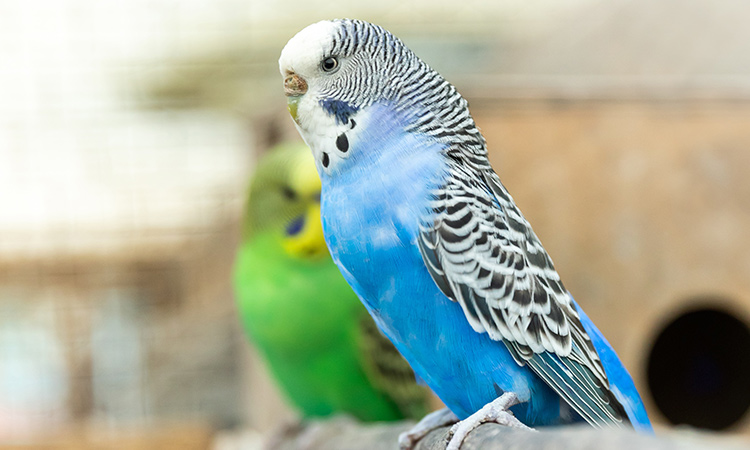
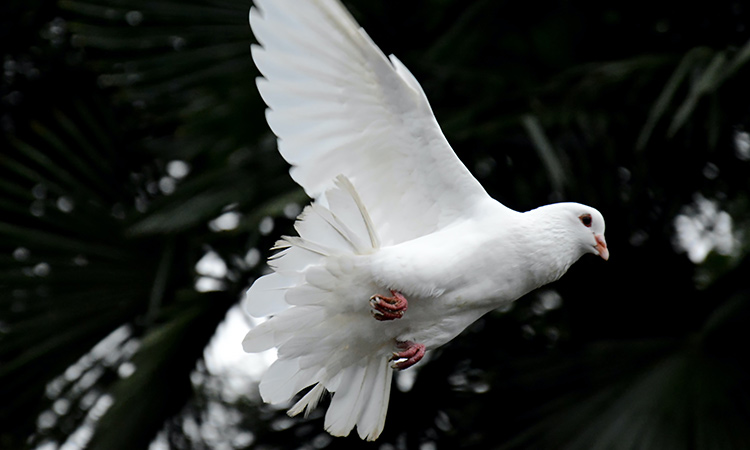





My husband took his cockatiel into a coffee shop to order a coffee today and they said it was not allowed and we had to take him outside. The bird doesn’t fly sits on his shoulder for the last 8years and does wonders for his PTSD
Unfortunately emotional support birds do not have public access rights. While they certainly provide invaluable support, birds are also not allowed to be service animals under the ADA.
I have a emotional support duck.
I have 6 parakeets and love them dearly. Yes they are noisy but it comes with the territory. I have them trained to sit in my shoulder,sit in my fingers,they love grooming my hair even though it’s short lol. I wouldn’t give these guys up for anything. Yes they are messy but it’s no different than cleaning up after your kids lol. I leave their cage door open 24-7 so they can fly around and get their exercise. I don’t believe in caging them up constantly. They’ll even exit their cage and fly right to my shoulder. Love them to death.I was deployed to Afghanistan twice and have PTSD and these guys for me make a huge positive impact for my mental well-being.